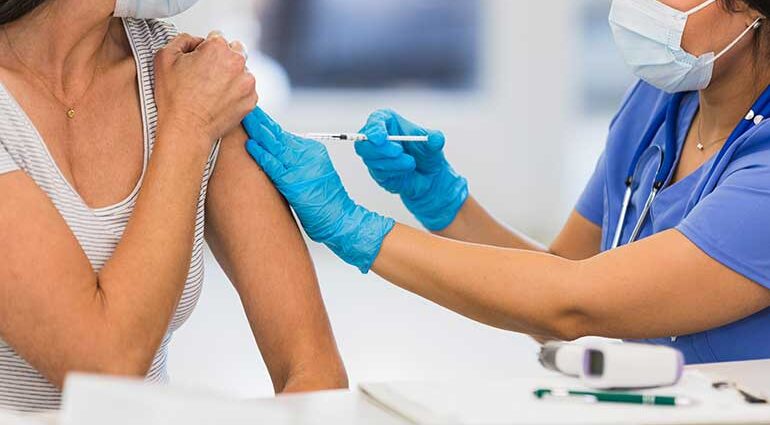COVID-19 is a viral respiratory disease. It is caused by the SARS-CoV-2 virus. COVID-19 Avenel can spread from one person to another through infected air droplets during sneezing or coughing. You can also contract the disease by coming into contact with hands or surfaces containing the virus and touching your eyes, nose, or mouth with contaminated hands. Some people with COVID-19 do not show symptoms. Treatment for COVID-19 depends on your symptoms. Your doctor may recommend you self-isolate if you have the infection.
What are the symptoms of COVID-19?
COVID-19 symptoms are similar to those of other respiratory viruses. Common symptoms include fever, extreme fatigue, sore throat, muscle aches, chest pain and pressure, persistent cough, loss of smell and taste, and breathing difficulties. The symptoms can be severe in older adults and individuals with weak immune systems.
When should you get a covid 19 test?
You can get a COVID-19 test if you have covid-like symptoms. You can also have the test if you are exposed to the disease and do not have symptoms. But wait at least five days after your exposure before you get tested. If you test earlier, you may get inaccurate results. If you live or work in high-risk settings, you may need a COVID test as part of a screening program.
Which are the different COVID-19 tests?
There are two major COVID-19 tests; nucleic acid amplification tests (NAATs) and antigen tests. The test your doctor uses depends on your goals of testing and symptoms.
Nucleic acid amplification tests
NAATs are the most commonly used tests for COVID-19. The PCR-based test is the most common form of NAATs used. It is the most reliable test for patients with or without symptoms. PCR- a test involves your doctor collecting a small sample of your saliva or nasal fluid using a swab and taking it to the lab to test for SARS-CoV-2. The test detects viral genetic material that can stay in your body for up to ninety days after you test positive. Never use NAAT if you have tested positive for COVID-19 in the last ninety days.
Antigen tests
Antigen tests involve less time and produce results within fifteen to thirty minutes. Compared to NAATs, they are less reliable, especially if you do not have symptoms. A single negative antigen test cannot rule out COVID infection. You should repeat the test after forty-eight hours to best detect the infection. Your doctor may recommend a follow-up NAAT to confirm the antigen test result.
How can you prevent COVID-19?
There are various health practices that can help prevent covid 19. These practices include washing your hand regularly with soap and water or using alcohol-based hand rub. Getting covid 19 vaccine can help protect yourself and others. Ensure you wear your face mask correctly and observe physical distancing to help prevent the spreading of the disease to others.
COVID-19 is a viral respiratory disease that presents with flu-like symptoms. PCR and antigen tests are the main screenings for COVID-19. Schedule an appointment at Avenel Primary Care for COVID-19 testing to determine your health status.

